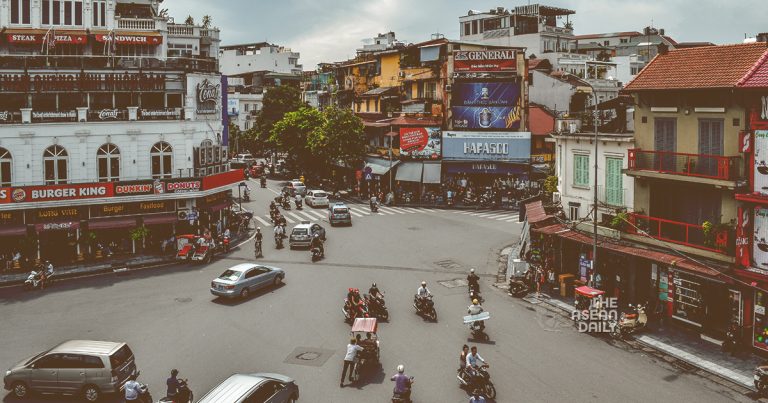6-4-2024 (HANOI) Ho Chi Minh City and the southern region of Vietnam are currently experiencing the most intense heatwave of the year, leading to a surge in medical cases among the elderly and young children. Abnormal weather patterns have resulted in temperatures reaching as high as 38.5 degrees Celsius.
The scorching weather poses risks of heat-related illnesses for everyone. Symptoms can range from fatigue, dizziness, headaches, and flushed faces to confusion, difficulty breathing, a drop in blood pressure, increased heart rate, and even the possibility of coma.
The Ho Chi Minh City Centre for Disease Control has cautioned that prolonged exposure to hot conditions, inadequate rest and hydration, and sudden temperature changes put individuals at risk of sunstroke, heat stroke, dyspnea, and stroke during warm weather. Certain groups, including seniors, children, women, and people with chronic diseases such as heart disease and cancer, are particularly vulnerable. Workers, farmers, athletes, and others who spend extended periods outdoors are also susceptible.
Thong Nhat Hospital in Ho Chi Minh City has observed a significant increase in elderly patients seeking medical examinations due to the hot weather. Dr. Truong Quang Anh Vu, Head of the Medical Examination Department at Thong Nhat Hospital, reported that the number of elderly patients seeking medical attention has risen to 2,500 per day, marking a 20% increase. Many hospitalized patients are suffering from pneumonia, bronchitis, and chronic respiratory diseases associated with infections such as chronic obstructive pulmonary disease and bronchial asthma.
Children’s Hospital 2 has also witnessed a rise in the number of patients. Doctors at the hospital explain that temperature fluctuations make children more susceptible to respiratory, skin, and gastrointestinal diseases due to various factors.
To safeguard children’s health during the hot season, Dr. Nguyen Thanh Hai of Children’s Hospital 2 advises parents to ensure their children consume plenty of water and maintain a balanced diet to enhance their immunity.
In order to prevent heatstroke, medical professionals recommend that individuals stay adequately hydrated, wear loose and light-colored clothing, and limit outdoor activities between 11 am and 2 pm when the sun is at its peak. When venturing outside, it is essential to wear wide-brimmed hats, face masks, sunglasses, suitable clothing, and headgear for those engaged in physical labor. It is advisable to avoid prolonged sun exposure or being in a hot environment and take breaks in cool areas after approximately an hour of work.




